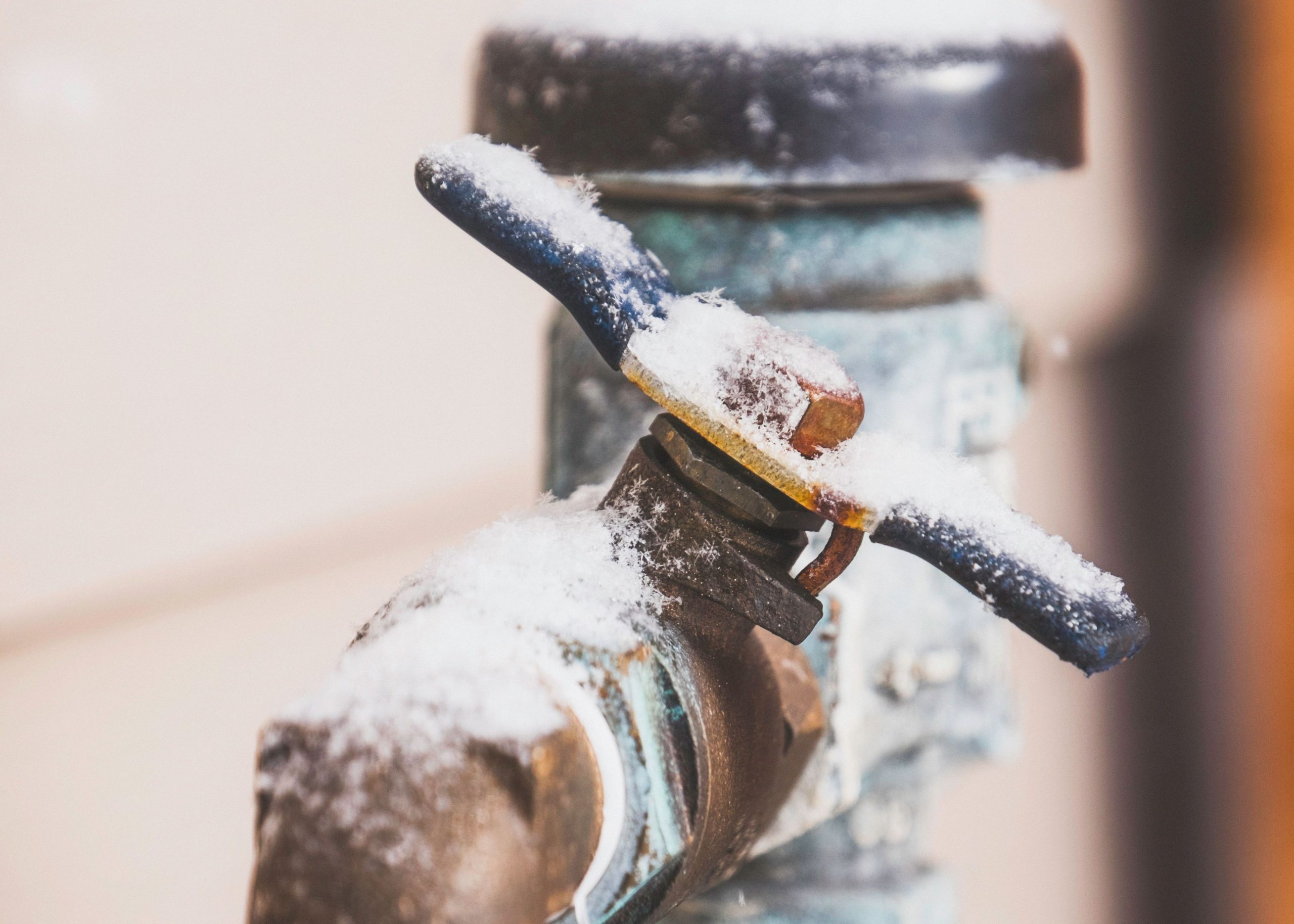
Decorative Photo
What to Look for During a Winter Home Inspection
If you plan to offer a home this winter, you may have an advantage during the home inspection. The home inspector will be able to assess winter-related house issues when they arise and can give insight into how the house holds up during winter’s severe conditions. Here are some areas a home inspector should pay closer attention to, especially during winter.
Assess the heating system
When you tour a house, it should ideally feel warm upon entering. During the inspection, the inspector should test how efficiently the system is running and how clean it is and look for signs of wear and tear. They should also assess the airflow, humidifier, and thermostat.
Check the gutters
Blocked gutters can prevent water from draining correctly and form ice dams in cold weather. If the temperature outside is freezing, the inspector can determine if the house is at risk for ice dams, which can result in extensive damage to the structure of the home.
Inspect for drafts around windows and doors
If the windows or doors leak air, they must be sealed or replaced. Depending on the severity of the leaks, they can be sealed with caulk or weatherstripping. If these solutions don’t work, the doors and windows may need to be replaced entirely.
Checking the electrical outlets is another area where air leaks can be spotted. If there are outlets on the exterior walls, you can pinpoint if air is coming and going from these spots if you feel a draft.
Assess the ductwork
The ductwork is another area in the home where heat can escape. Inspecting the home’s ductwork for air leaks, missing insulation, and other damage can result in heat loss.
Inspect the roof for damage
The winter can damage the roof in the form of missing or damaged shingles and drainage issues. The roof should be inspected closely to see if there is any damage to the handles or moisture damage from the snow and ice. Water damage from snow and ice buildup can also damage the foundation, so inspecting the foundation to ensure proper drainage is essential.
Check plumbing
Frozen pipes can cause significant damage to a home. To prevent the pipes from freezing, the exterior fixtures should be turned off, and the exposed water pipes should be insulated. The plumbing should also be inspected for issues such as leaks or pipe corrosion, which could result in water damage or mold.
Assess the home’s insulation
Attics, crawlspaces, basements, and walls should be adequately insulated to help conserve heat throughout the home. The area should also be inspected for air leaks to ensure that hot air stays in and cold air stays out.
